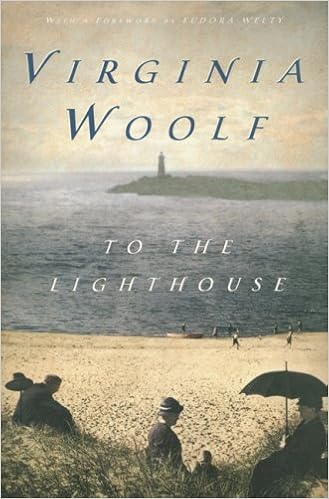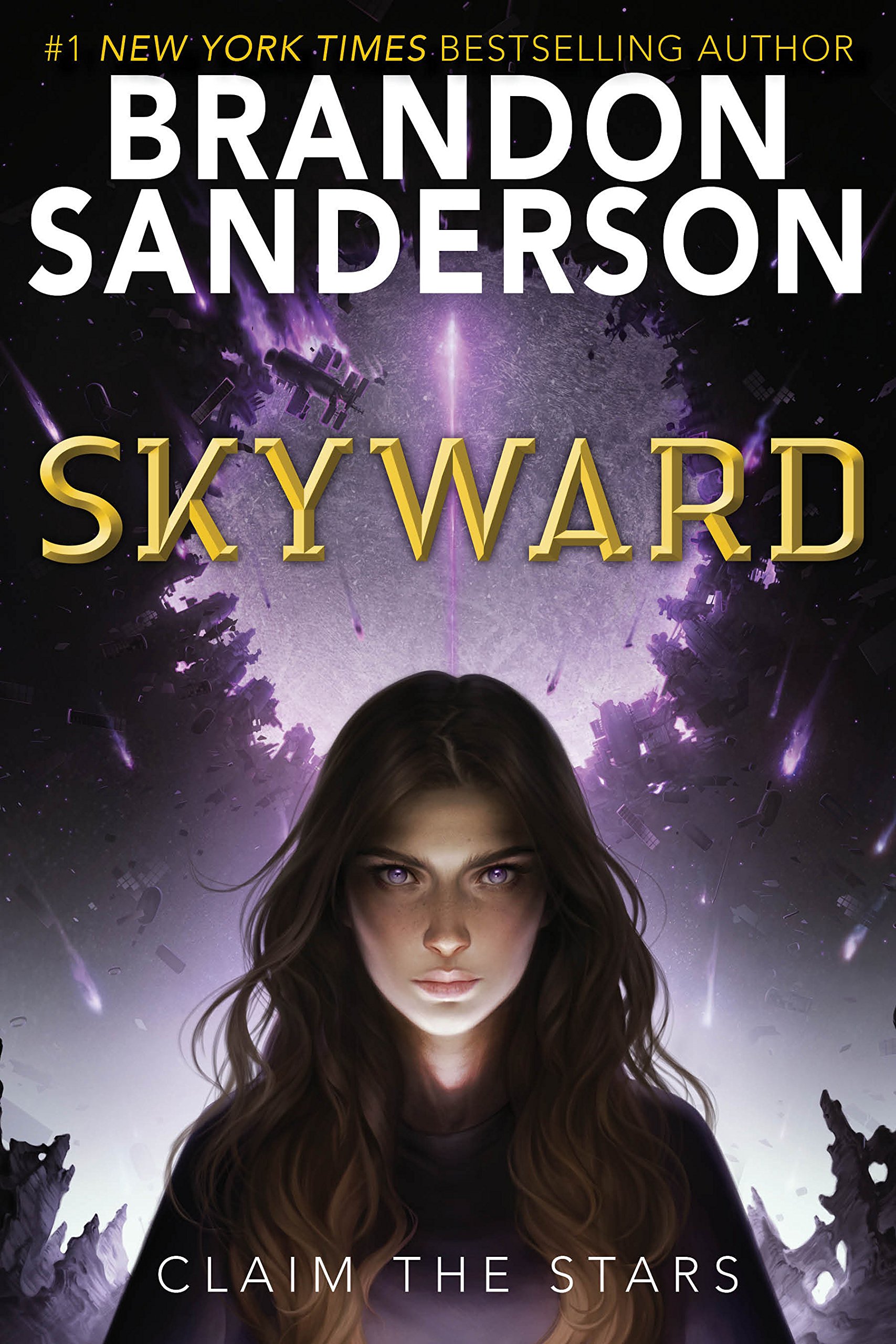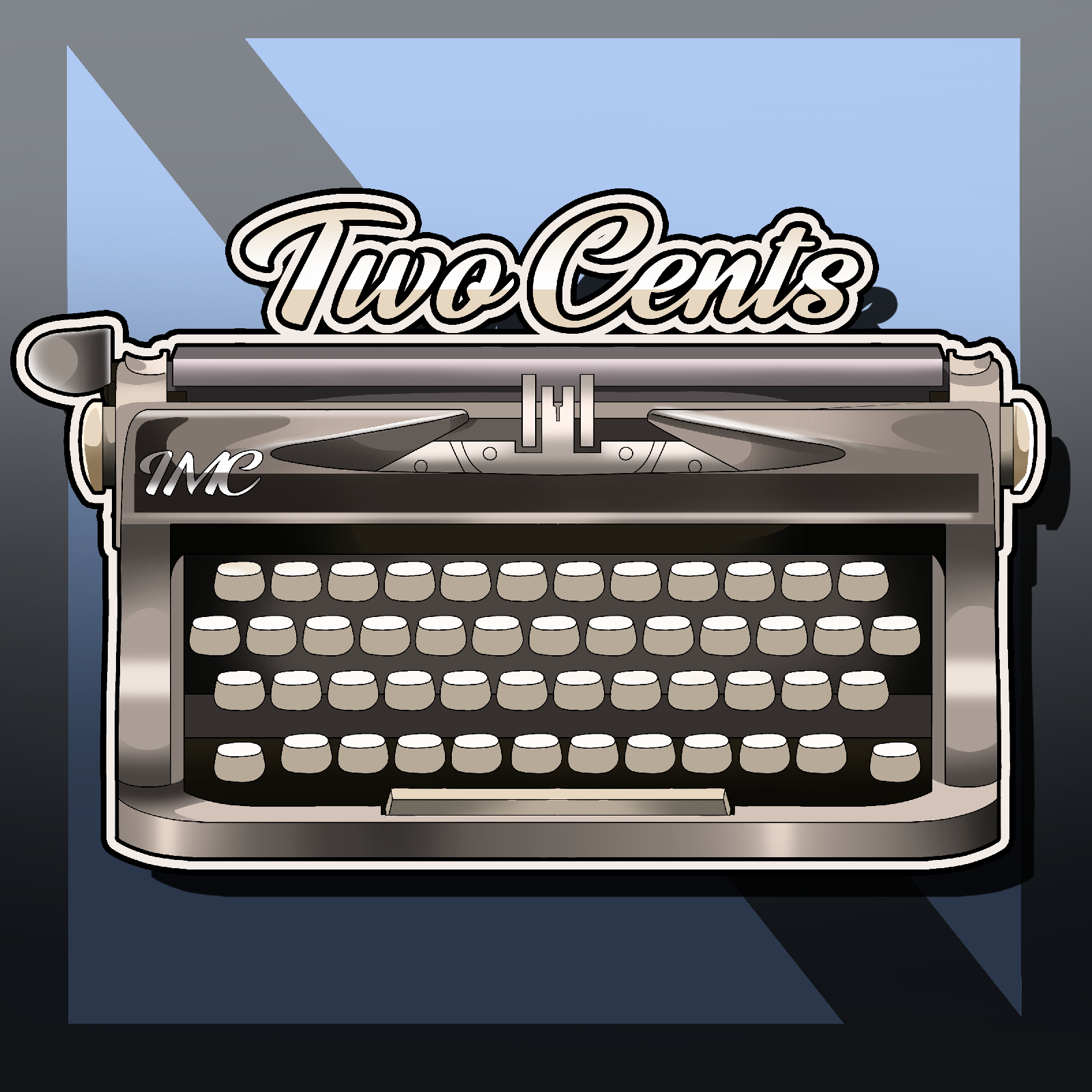A Few Words on Eclectic Reading
 My senior year of college, I took a course, for the sake of a possibly teacher certification, called Adolescent Literature. It was a course in which all we--my fellow students and I--had to do was read books aimed at the Young Adult (or YA) market. The idea, I speculate, behind it is that, since most of my classmates intended to become teachers, we should be familiar with what our future students were reading freely.
My senior year of college, I took a course, for the sake of a possibly teacher certification, called Adolescent Literature. It was a course in which all we--my fellow students and I--had to do was read books aimed at the Young Adult (or YA) market. The idea, I speculate, behind it is that, since most of my classmates intended to become teachers, we should be familiar with what our future students were reading freely. It was, by far, one of my favorite classes, and I'll tell you why. I'd spent the majority of my college career reading books like A Portrait of the Artist as a Young Man, To the Lighthouse (which I did finish, despite my inner-self crying for me not to), Walden, Moby Dick (I had to read that sumbitch twice), and Paradise Lost. This was dense literature, written in styles--and in some cases, in forms of English--that were not easy to read.
It was, by far, one of my favorite classes, and I'll tell you why. I'd spent the majority of my college career reading books like A Portrait of the Artist as a Young Man, To the Lighthouse (which I did finish, despite my inner-self crying for me not to), Walden, Moby Dick (I had to read that sumbitch twice), and Paradise Lost. This was dense literature, written in styles--and in some cases, in forms of English--that were not easy to read.So, spending a semester reading copious amounts Young Adult fiction--written in a contemporary idiom I don't need to think about to an obnoxious degree--in addition to everything else I was reading (some of which I'd never have voluntarily picked up), was a delightful and welcomes change of pace.

 We didn't just read books that fall into one category though. We read a wide variety of genres with the broad YA umbrella. A couple of novels, like Jennifer Donnelly's Revolution and Chris Crow's Mississippi Trial, 1955, fell into the category of historical fiction. Other books, like Sherman Alexie's The Absolutely True Diary of a Part-Time Indian and Robert Cormier's The Chocolate War, were straight realism. Some, like Rick Riordan's The Lost Hero and Diana Wynne Jones's Howl's Moving Castle, were of course fantasy. The diversity of the material was half the fun of the course. It also helped that I didn't need to analyze anything, beyond what it was that made each of these books YA. I could just read and enjoy it. This kind of bouncing around from one thing to another, one kind of story to another, was wonderful because it's how I'd been reading before I got to college.
We didn't just read books that fall into one category though. We read a wide variety of genres with the broad YA umbrella. A couple of novels, like Jennifer Donnelly's Revolution and Chris Crow's Mississippi Trial, 1955, fell into the category of historical fiction. Other books, like Sherman Alexie's The Absolutely True Diary of a Part-Time Indian and Robert Cormier's The Chocolate War, were straight realism. Some, like Rick Riordan's The Lost Hero and Diana Wynne Jones's Howl's Moving Castle, were of course fantasy. The diversity of the material was half the fun of the course. It also helped that I didn't need to analyze anything, beyond what it was that made each of these books YA. I could just read and enjoy it. This kind of bouncing around from one thing to another, one kind of story to another, was wonderful because it's how I'd been reading before I got to college. Now, I'm nearly four years removed from my college career (I will be this May), and I've found that my reading habits have returned to that same rhythm they'd followed while I was a high school student: I read a bunch of different things, and I read like a total child in that I'm only reading what I enjoy or find engaging.
Now, I'm nearly four years removed from my college career (I will be this May), and I've found that my reading habits have returned to that same rhythm they'd followed while I was a high school student: I read a bunch of different things, and I read like a total child in that I'm only reading what I enjoy or find engaging.There are certain genres that have always been mainstays since I was nine years old, like Science Fiction and Fantasy.


 Recently, I finished reading two books that fall into those category: Brandon Sanderson's latest YA release Skyfall, a Space Opera best described as "A Girl and her Spaceship," and Seanan McGuire's 2017 Hugo and 2016 Nebula award-winning novella, Every Heart a Doorway. I've also been trying to reacquaint myself with an old friend, Stephen King, by reading his wonderful novel Misery for the first time. (I've seen the movie, with Kathy Bates and James Caan, and I wanted to see how it compared. It was phenomenal.) I have a few other books in these genres awaiting my attention in my TBR pile because I love them so much.
Recently, I finished reading two books that fall into those category: Brandon Sanderson's latest YA release Skyfall, a Space Opera best described as "A Girl and her Spaceship," and Seanan McGuire's 2017 Hugo and 2016 Nebula award-winning novella, Every Heart a Doorway. I've also been trying to reacquaint myself with an old friend, Stephen King, by reading his wonderful novel Misery for the first time. (I've seen the movie, with Kathy Bates and James Caan, and I wanted to see how it compared. It was phenomenal.) I have a few other books in these genres awaiting my attention in my TBR pile because I love them so much. But as usual, now that I've consecutively read a few books in those genres, I find myself wanting to read something else, something different. So, with that in mind, I went through my TBR pile (which is a misnomer, because it's really a mountain), for an author who writes something different. Thus, I began reading an early Ian McEwan novel I'd wanted to read for a while called The Cement Garden. (Regarding that so far, I can say if you think Stephen King has conjured up some twisted tales, you should read early Ian McEwan).
But as usual, now that I've consecutively read a few books in those genres, I find myself wanting to read something else, something different. So, with that in mind, I went through my TBR pile (which is a misnomer, because it's really a mountain), for an author who writes something different. Thus, I began reading an early Ian McEwan novel I'd wanted to read for a while called The Cement Garden. (Regarding that so far, I can say if you think Stephen King has conjured up some twisted tales, you should read early Ian McEwan).I love reading like this though for two reasons.
One, I'm never bored. Boredom is both the enemy and bedfellow of fun. If you limit your reading to just one genre, be it one of the broad categories of nonfiction, fiction, or poetry, or one of the other categories therein, sooner or later, you'll begin to see the seams. You'll begin to notice just how everything works. For example, if you read too many Agatha Christie mysteries, you might begin to notice the recurring patterns of her plots. If, however, you jump around and read a whole bunch of different books, the stories, the facts, the words inside them can continue to surprise you.
Two, it helps to keep my curiosity alive. One of Neil Gaiman's pieces of advice to young writers was to "read outside your comfort zone." Now the benefit of this cross pollination is obvious for writers. If you read across the board, it feeds into your own work. However, for other people--normal people who don't have the urge to put words on the page--it's a good way to expand your mind. Reading fiction, studies have shown, actually enables you to increase your ability to empathize with your fellow humans. Reading poetry can not increase your vocabulary (in both first and second languages as well), and it give you greater emotional intelligence and understanding with the contemporary world. And, of course, reading nonfiction--on subjects that you're interested in--increases your knowledge base.
Reading in general broadens the mind, but reading in many different areas of writing does something else. I think it makes you a better human being. At the same time though, it should always be fun. In a world like the one we live in now, one full of so many different ways of "having fun," shouldn't this most private of joys also be fun too? "If you're bored," Jorge Luis Borges once said, repeating his father, "Then lay the book aside. Don't be taken in by the writer being famous, being modern, or being ancient. Read what you enjoy and only read what you enjoy because if not, the whole thing is meaningless."


Comments